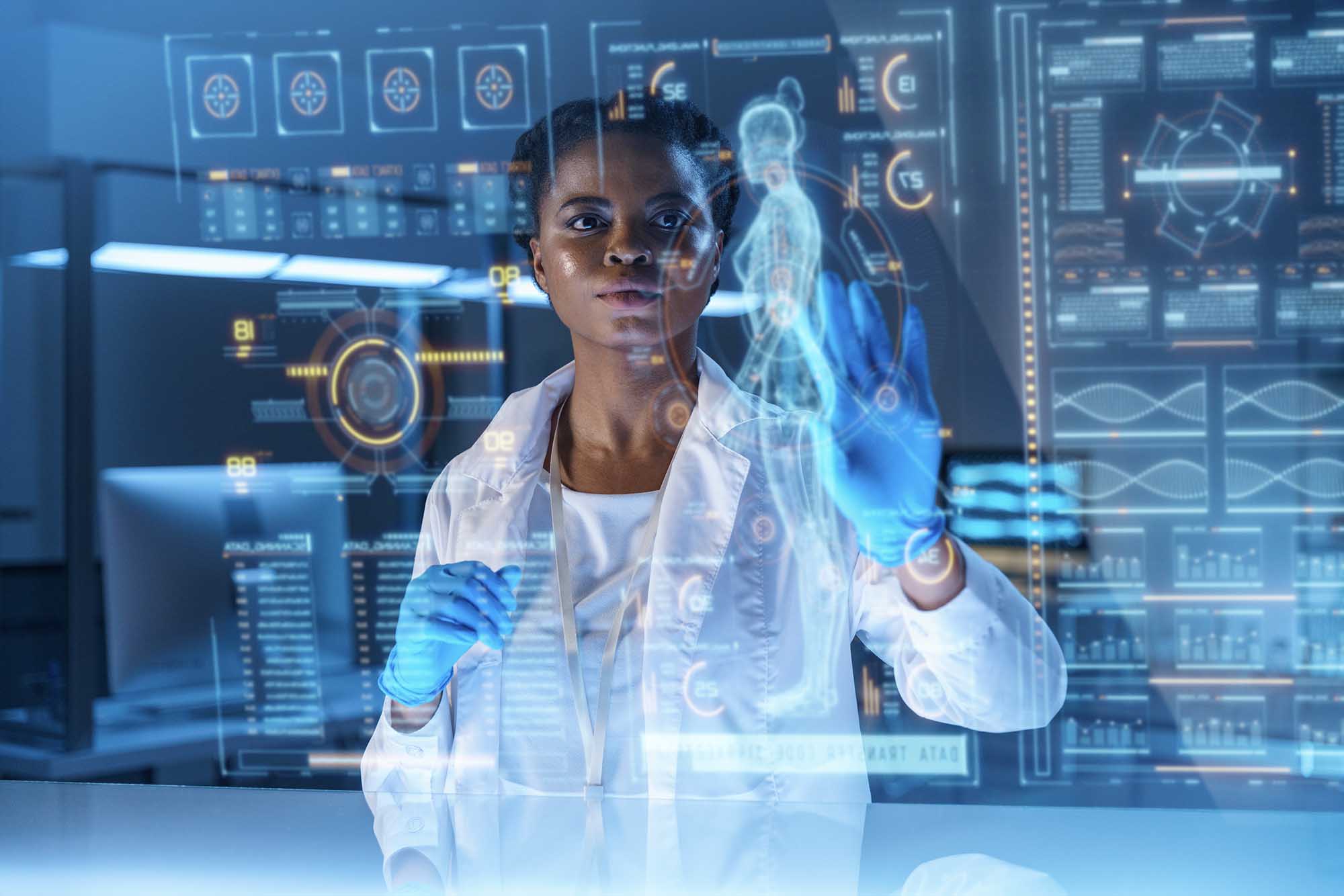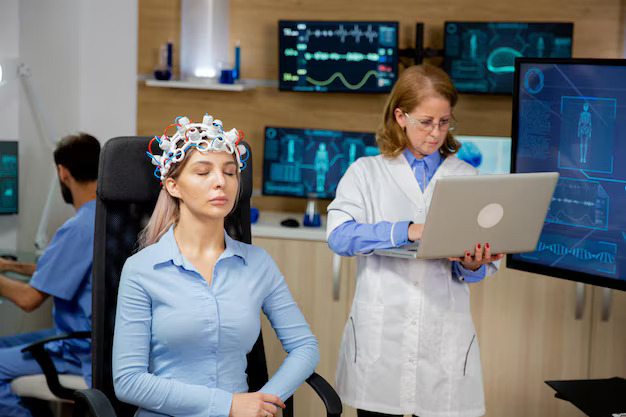Exploring User Intentions to Use ChatGPT for Self-Diagnosis: Recent Study Findings
ChatGPT aids health self-diagnosis with 78% user trust, but needs doctor oversight for safe results.
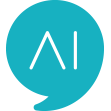

Exploring User Intentions to Use ChatGPT for Self-Diagnosis: Recent Study Findings
Have a strange ache or unexplained symptom? Instead of waiting for a doctor’s appointment, many now turn to ChatGPT—a 24/7 AI Chatbot and a Large Language Model offering quick insights and guidance.
From simplifying medical jargon to suggesting potential conditions, ChatGPT in Healthcare is revolutionizing how we approach health concerns.
But how reliable is it? Why do people trust it, and how can it improve?
This article unpacks the numbers, stories, and expert insights to explore how LLM in healthcare is transforming self-diagnosis and redefining health care accessibility.
Check this out: Is Chatgpt Generative AI?

Why Do People Turn to ChatGPT for Self-Diagnosis?
In a world where convenience often dictates our choices, ChatGPT is quickly becoming a trusted sidekick for health-related concerns.
A cross-sectional study sheds light on why so many are leaning on this Large Language Model (LLM) tool:
Always Available, Always Accessible
Forget waiting rooms or clinic hours—ChatGPT is at your service 24/7. It breaks down barriers like long wait times, high costs, or even location constraints, offering instant access to health insights from anywhere.
Impressive Performance
The numbers speak for themselves: 78.4% of respondents said they'd consider using ChatGPT in Healthcare for health purposes. Not only that, but users also found this AI Chatbot incredibly helpful in lightening their mental workload, giving it a satisfaction rate of 64.4%.
A Helping Hand for Smarter Decisions
Need to make an informed health decision? ChatGPT delivers. With a satisfaction rate of 64.8% it's clear that people appreciate how the tool guides them toward better choices.
It’s not hard to see why LLM in healthcare like ChatGPT is carving out a space in the health advice landscape. Fast, efficient, and helpful—it’s no wonder people are tuning in.
More on LLM in healthcare here: LLMs in Healthcare: September 2024's Medical Breakthroughs
Impressive Numbers: How Does ChatGPT Perform?
ChatGPT’s capabilities in the healthcare are backed by some striking statistical findings from recent comprehensive studies, proving its worth across various diagnostic and interactive scenarios:
- Diagnostic Accuracy
Studies show that this large language model excels in diagnosing certain medical conditions:
- Orthopedic Conditions:
- Urological Conditions:
- User Trust and Interaction
ChatGPT’s practical application is evident in user behavior. An analysis of 79,234 tweets revealed 4,537 health-related prompts, showcasing its widespread use:
- Diet Plans: AI Chatbot queries ranged from diet plans to mental health scripts. with the most frequent queries included requests like “7-day vegan meal plan.”
- Mental Wellness: Many prompts focused on using this LLM in healthcare for personalized wellness strategies., with prompts like “customized meditation scripts for stress reduction” being particularly popular.
From precise diagnostic capabilities to its growing role as a health companion, ChatGPT is proving to be a reliable and trusted resource for users worldwide.
Want to read more on AI Chatbots in healthcare? Click Here!

Real-Life Impact: Case Studies
Beyond statistics, the real-world impact of ChatGPT in Healthcare shines through personal stories and professional endorsements:
Katie Sarvela: Diagnosing Multiple Sclerosis
After experiencing unusual symptoms like numbness and night blindness, Katie turned to this large language model for insights that flagged multiple sclerosis - a diagnosis later confirmed by her doctor.
Katie shared, “It didn’t replace medical tests but gave me the right questions to ask my doctor” .
Sheila Wall: Navigating Lupus
As a lupus patient, Sheila uses this AI Chatbot in healthcare to research symptoms and prepare for doctor visits.
She calls it “a bridge to understanding complex medical terms and advocating for my health” .
Doctors’ Perspectives
Medical professionals are also finding value in ChatGPT’s capabilities:
Dr. Karim Hanna appreciates its ability to brainstorm differential diagnoses, especially for vague symptoms like headaches, helping refine possibilities.
Dr. Kaushal Kulkarni has used ChatGPT to confirm potential risks, such as hearing damage linked to specific treatments.
These case studies and testimonials underscore how ChatGPT is transforming healthcare interactions, empowering patients, and supporting doctors in delivering informed care.
Want to find out more research findings regarding LLMs in Healthcare? Just Click Here!
Concerns About ChatGPT: Challenges and Risks
While promising, ChatGPT in Healthcare faces challenges, such as occasional overconfidence in diagnostics and privacy concerns. Still, this LLM in healthcare is evolving to address these risks.
Here’s what you need to know:
- Accuracy and Overconfidence
ChatGPT is smart—but sometimes a little too confident. Studies show it overestimated the severity of conditions in 22–33% of cases, which could lead to unnecessary panic.
And for more complex issues like Cervical Myelopathy? Its accuracy dropped to a mere 4%, showing it can struggle when symptoms are multifocal or less straightforward.
- Ethical and Privacy Concerns
When you’re sharing health symptoms, you’re also sharing personal data.
While ChatGPT doesn’t “remember” individual conversations, the sensitive nature of health discussions raises valid questions about data security and how that information might be used or stored in certain systems.
- Mixed Messages in Recommendations
Clear, urgent advice can be a lifesaver—but ChatGPT doesn’t always deliver.
Only 12.8% of its responses used strong language like “essential” when recommending medical care, leaving some room for ambiguity. If clarity and urgency are missing, users might delay seeking professional help when it’s truly needed.
Solutions to Address Challenges
While ChatGPT holds promise in healthcare, specific improvements can address its challenges, making it a safer and more effective tool. Here’s how:
- Improve Diagnostic Accuracy
- Localized Symptom Identification
For example, instead of broadly interpreting “neck pain,” ChatGPT could prompt users with follow-ups like, “Is the pain localized to one side or radiating to your arm?” to refine its understanding for conditions like Cervical Myelopathy.
- Training with Medical Datasets
Expanded datasets could help the AI Chatbot handle rare diseases like Erdheim-Chester disease or multifocal symptoms in systemic lupus erythematosus would help ChatGPT offer more accurate and plausible suggestions for unusual cases.
- Enhance User Recommendations
- Stronger Language
Using clearer language improves trust in ChatGPT in Healthcare applications. Instead of vague advice like, “It’s important to see a doctor soon,” ChatGPT could say, “This may be a medical emergency. Seek immediate professional care.”
- Address Ethical Concerns
- Data Security
Implement encryption protocols that anonymize user inputs. For example, ChatGPT could notify users: “Your data is anonymized and encrypted to protect your privacy.”
- Transparency
Including citations builds credibility, like, “According to a 2023 study in JMIR...” , aligning this large language model with professional standards.
- Educate Users
- Public campaigns could include interactive tools or short videos explaining ChatGPT’s role. For example, a video could demonstrate: “ChatGPT can suggest questions to ask your doctor, but it’s not a replacement for diagnosis.”
- Public campaigns could include interactive tools or short videos explaining ChatGPT’s role. For example, a video could demonstrate: “ChatGPT can suggest questions to ask your doctor, but it’s not a replacement for diagnosis.”
- Collaborative Development
- Policymaker Collaboration
Governments could introduce AI regulations to ensure ethical use. For example, a guideline mandating user consent for sharing sensitive health information.
- Healthcare Integration
Tools like ChatGPT could be designed to assist doctors, such as generating a list of possible differential diagnoses during consultations, streamlining workflows while maintaining human oversight.
By implementing these solutions, ChatGPT can evolve into a trustworthy companion that empowers users and supports healthcare professionals, all while prioritizing safety and ethics.
Check this out also! 10 Healthcare Challenges Solved by AI Chatbots and LLMs

Benefits That Outweigh the Risks
When used responsibly, ChatGPT has the potential to revolutionize healthcare, offering numerous benefits that far surpass its limitations:
- Improved Access
This LLM in Healthcare breaks down barriers by providing timely, free health information to underserved populations.
For instance, a rural resident with limited access to doctors could use ChatGPT to learn about managing chronic conditions like diabetes or preparing for a medical appointment.
- Empowered Patients
Stories like Sheila Wall and Katie Sarvela illustrate how ChatGPT in healthcare empowers patients.
By researching symptoms and conditions, they felt more confident and prepared to advocate for themselves during doctor visits.
Katie, for example, used ChatGPT to identify questions about multiple sclerosis, which her doctor later confirmed as the diagnosis.
- Support for Healthcare Professionals
Doctors find value in this AI Chatbot for brainstorming differential diagnoses or summarizing large volumes of medical research.
For example, Dr. Karim Hanna uses it to refine diagnostic possibilities for vague symptoms like chronic headaches, making consultations more efficient.
- Educational Potential
Medical students and professionals can use ChatGPT to simulate clinical scenarios, refine their diagnostic reasoning, or explore complex cases.
For instance, a student could practice diagnosing rare diseases with ChatGPT’s guidance, enhancing their learning experience.
When paired with proper safeguards, ChatGPT has the power to make healthcare more accessible, informative, and collaborative, benefiting both patients and professionals alike.
Looking to the Future: How ChatGPT Could Evolve
With ongoing advancements, ChatGPT has the potential to revolutionize healthcare accessibility and delivery. Here’s a glimpse of what’s possible:
Integrated Tools for Personalized Care
- Imagine an AI Chatbot in healthcare like ChatGPT synced with wearable health monitors, providing real-time insights.
- For example, if a smartwatch detects an irregular heartbeat, ChatGPT could instantly offer potential causes and suggest whether to seek immediate medical attention.
AI in Education
- As a supplementary tool for medical students, ChatGPT in healthcare could simulate clinical scenarios, such as diagnosing a patient presenting with ambiguous symptoms like fatigue or dizziness.
- This hands-on practice could refine diagnostic skills and prepare future doctors for real-world challenges.
Global Reach for Underserved Areas
- In remote or underserved communities, where traditional healthcare is scarce, this large language model could act as a bridge.
- For example, a farmer in a rural area could consult ChatGPT for advice on managing high blood pressure, gaining insights that might otherwise be unavailable.
By integrating advanced tools, enhancing education, and reaching underserved populations, ChatGPT could redefine how healthcare is delivered—making it more inclusive, personalized, and impactful for everyone.
Conclusion: A Bright Future for AI in Healthcare
ChatGPT demonstrates immense potential to democratize healthcare information, empower patients, and assist professionals.
While challenges remain, addressing these proactively will only strengthen its role as a reliable healthcare tool.
As one study aptly noted, ChatGPT is not just a chatbot—it’s a “revolutionary adjunct to healthcare that can bridge information gaps and enhance patient outcomes”.
With innovation and collaboration, ChatGPT holds the promise to make health information accessible, accurate, and actionable for all.
Ready to Transform Your Industry with AI Chatbots?
Join the leaders revolutionizing healthcare and beyond with Makebot. From advanced healthcare AI chatbots to tailored, cost-efficient LLM solutions, we deliver cutting-edge technology optimized for your needs.
Contact us today to discover how Makebot can drive innovation in your business with trusted, industry-specific chatbot solutions.
📧 Email us at: b2b@makebot.ai

Studies Reveal Generative AI Enhances Physician-Patient Communication


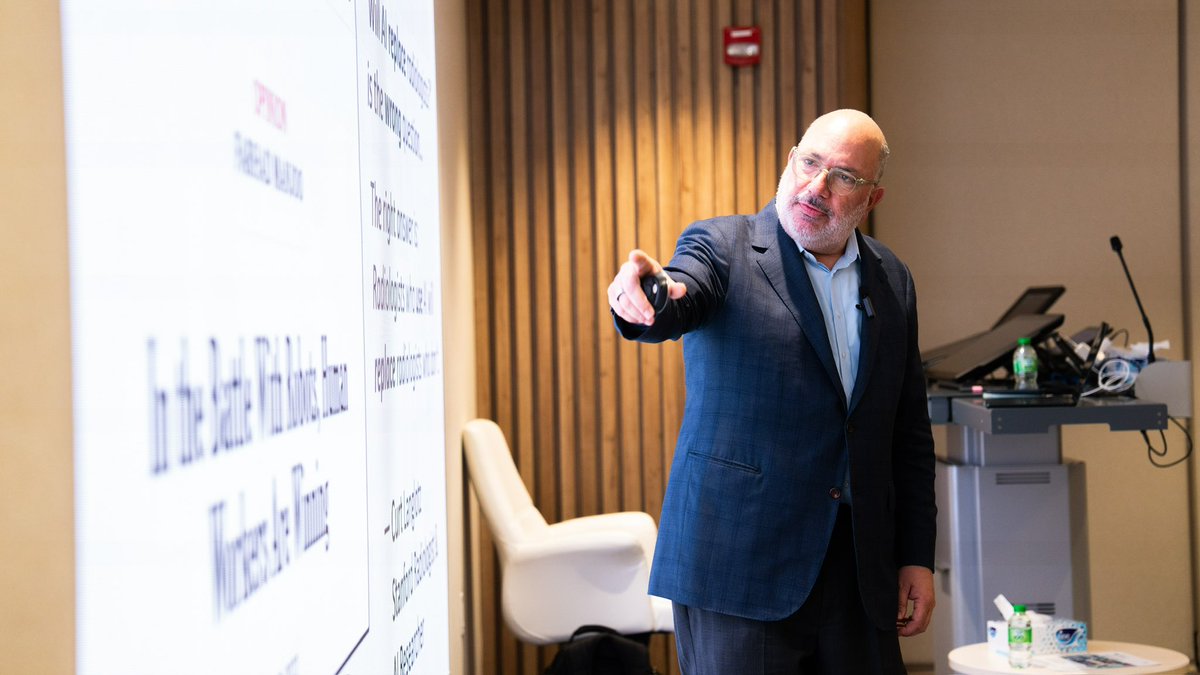
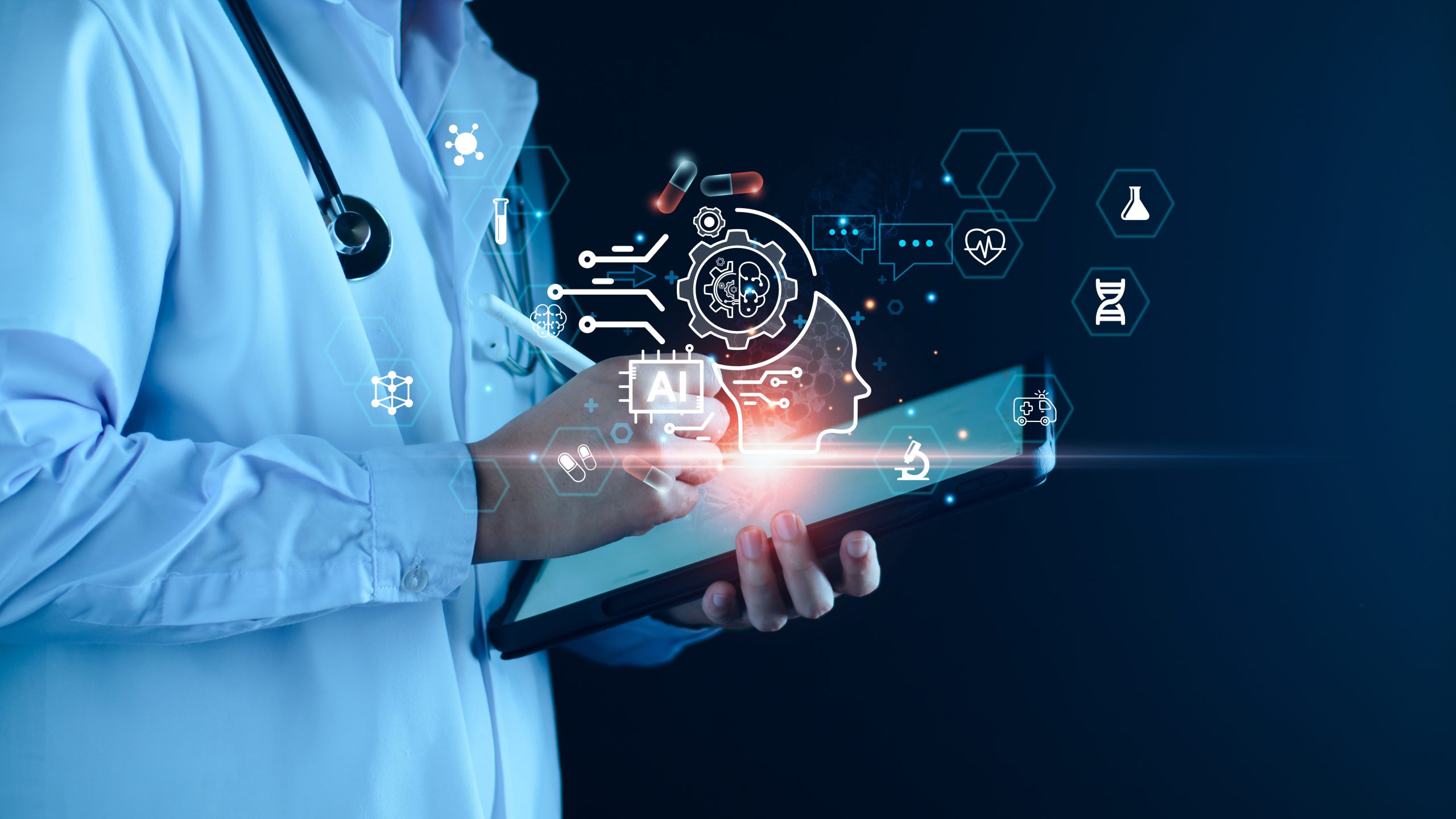
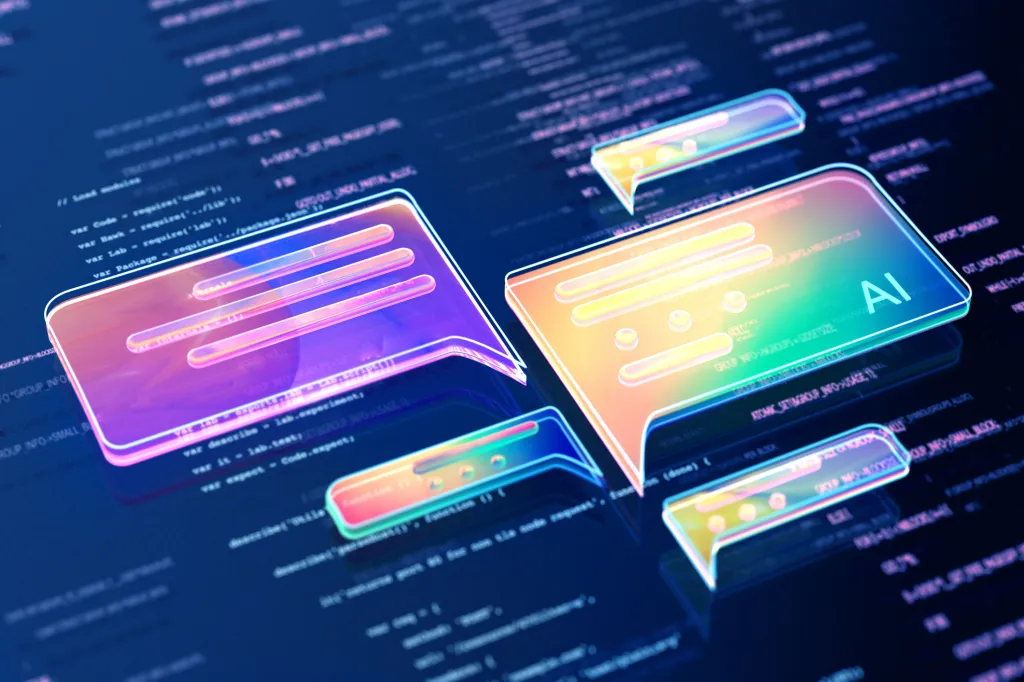


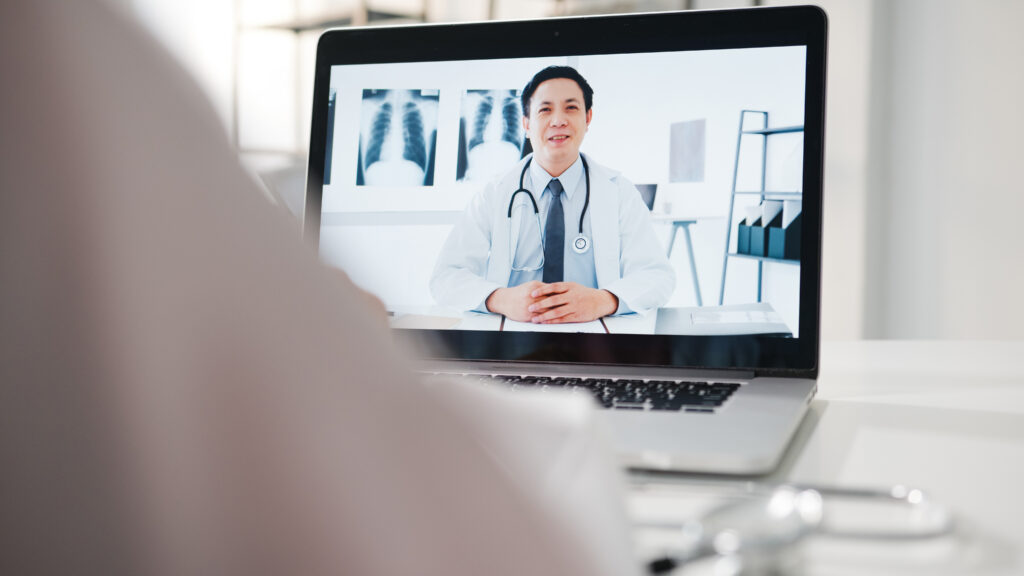
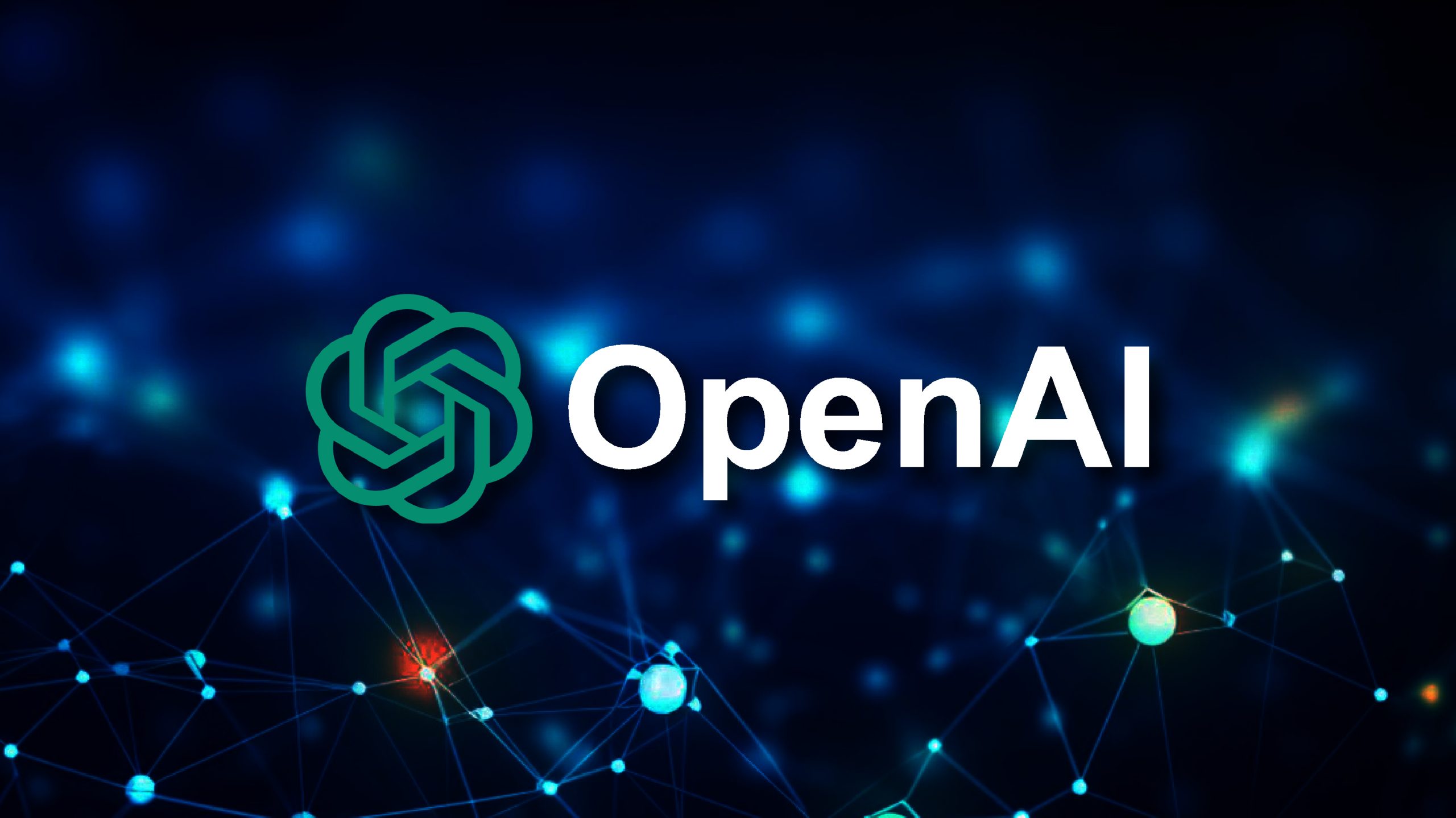
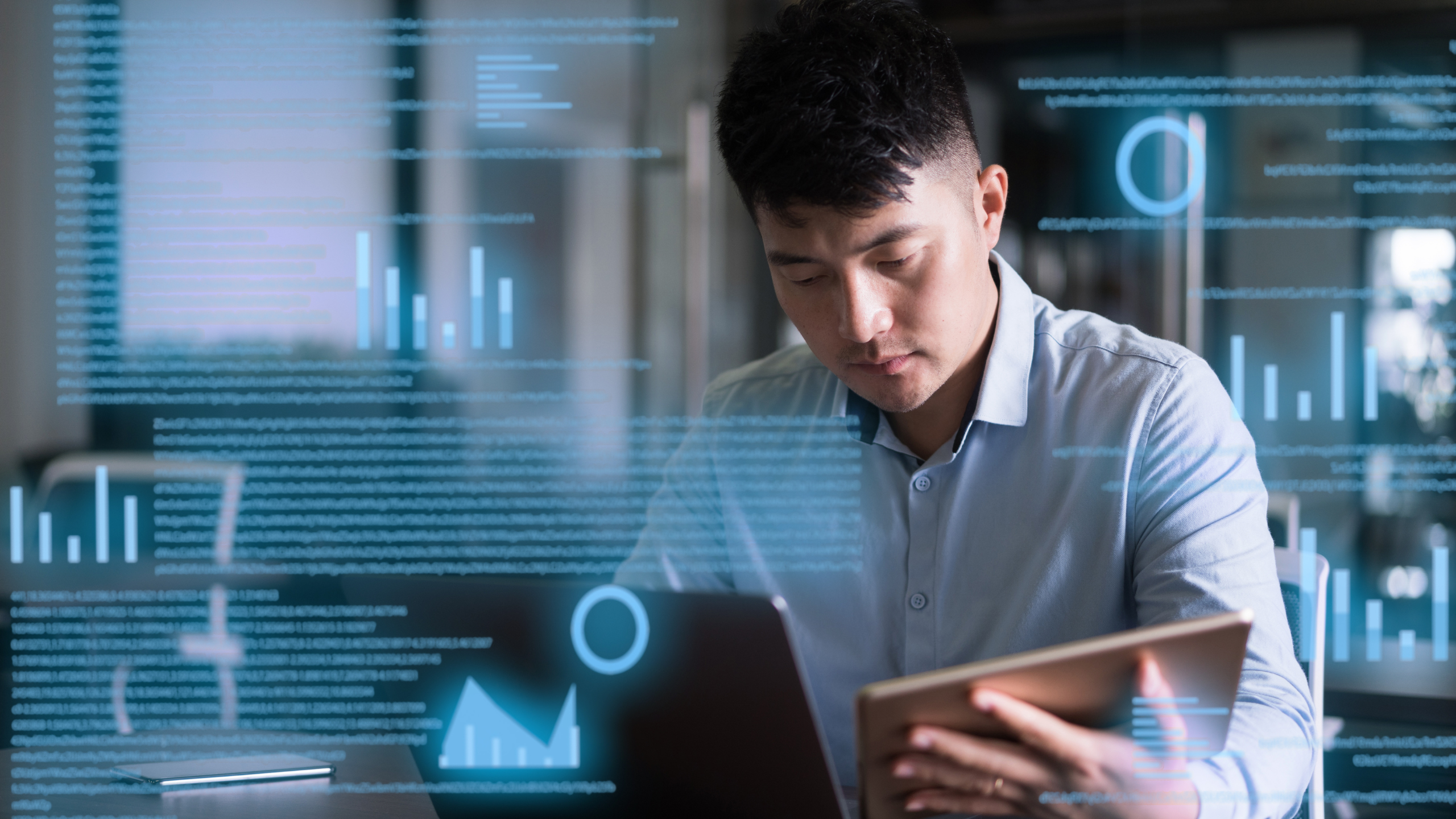

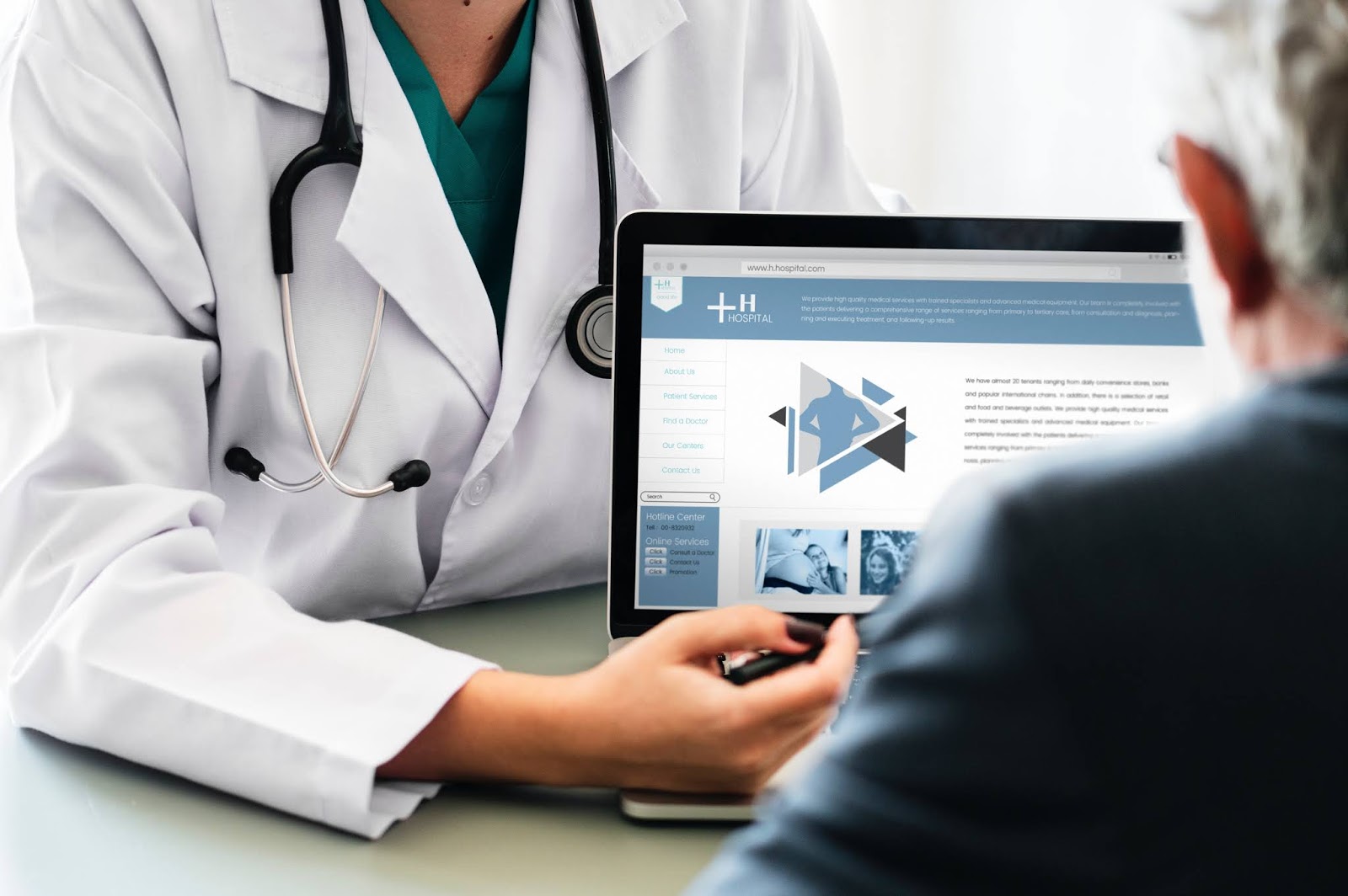
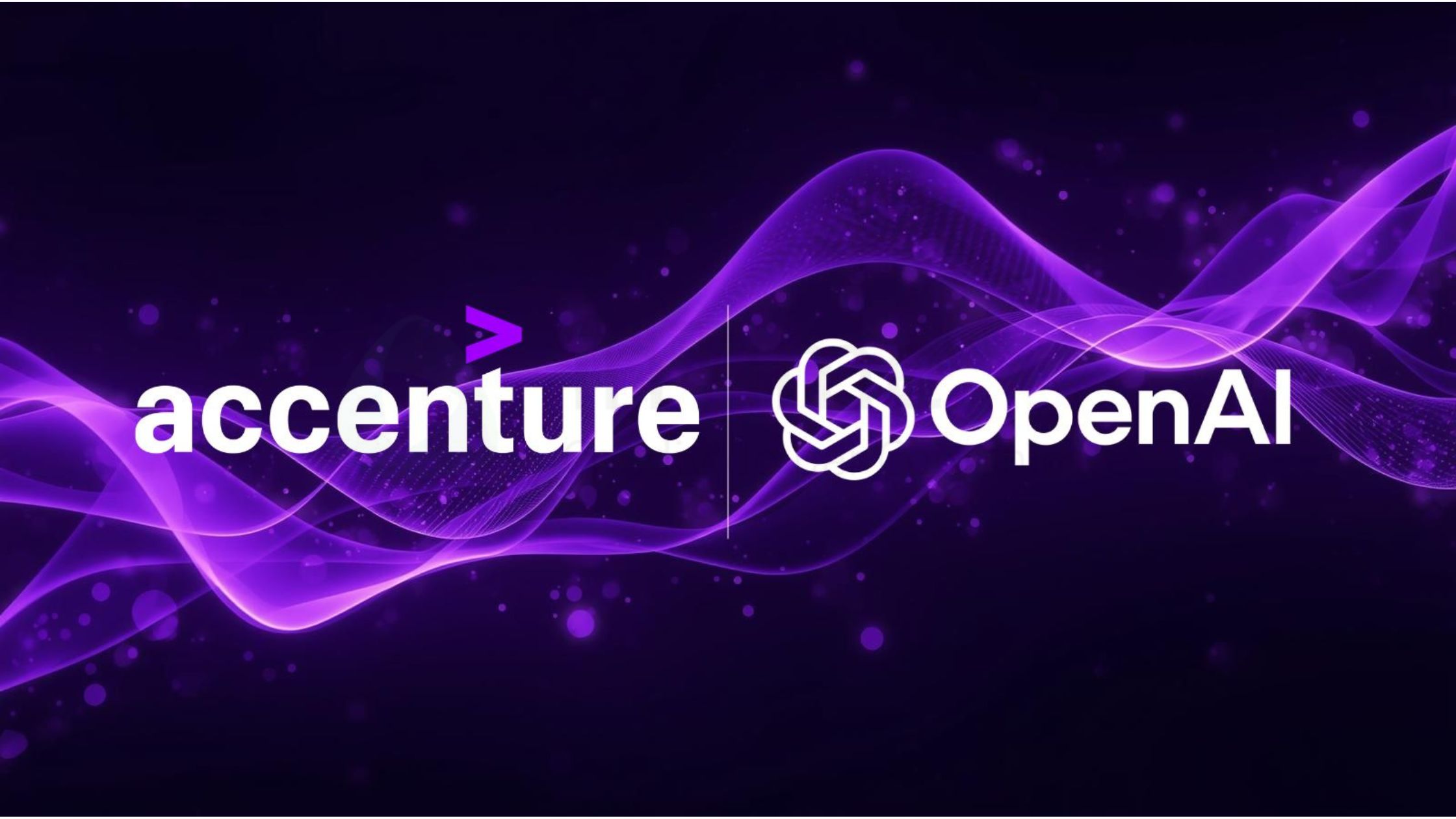
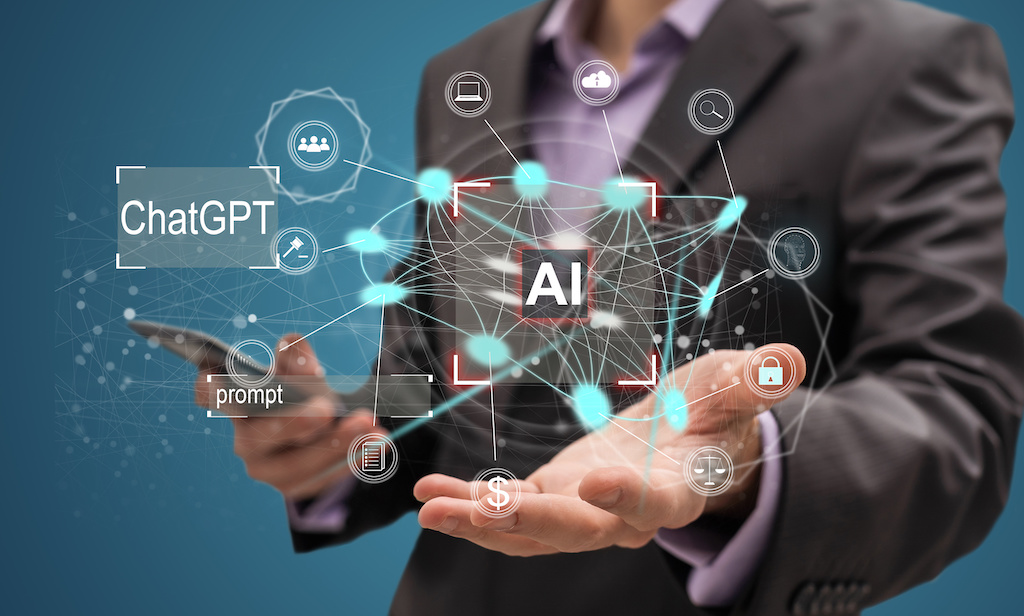
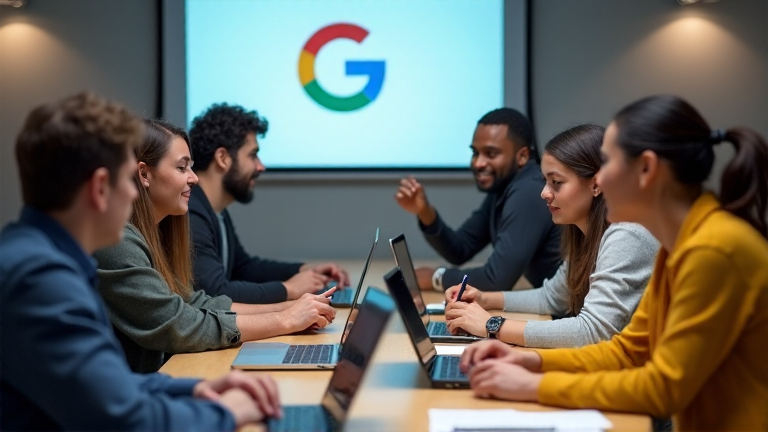

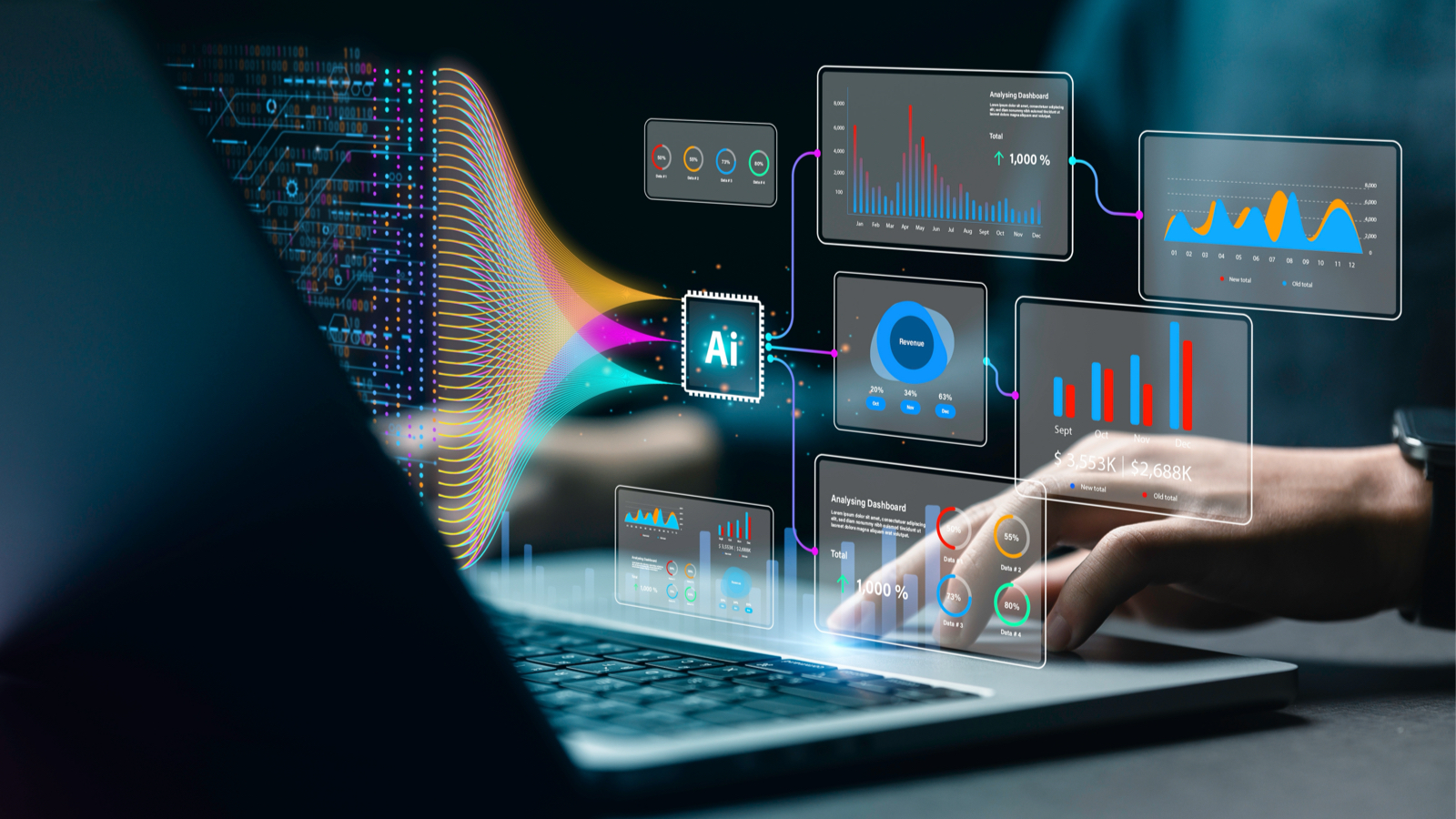
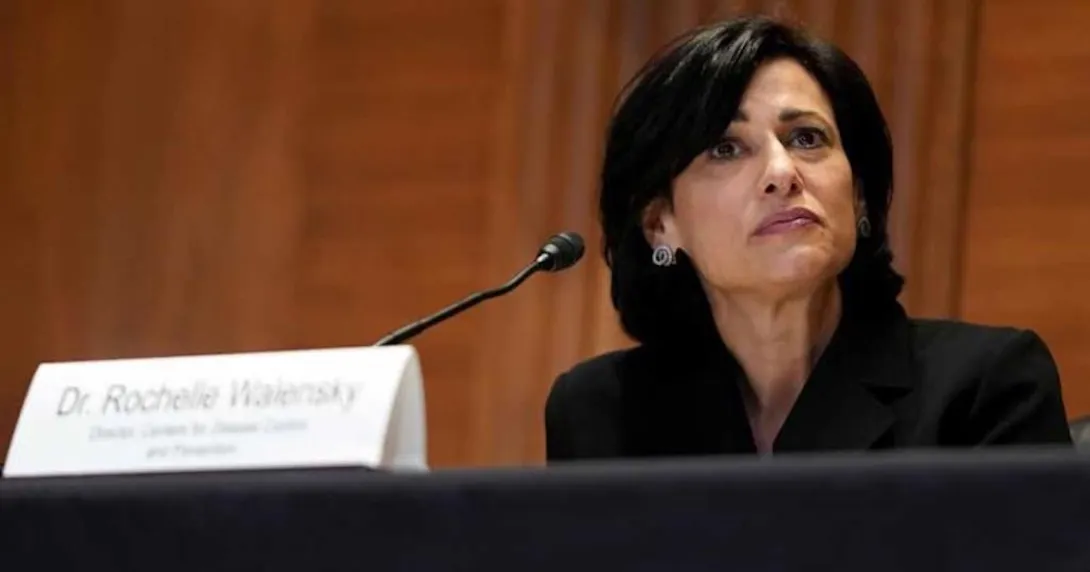



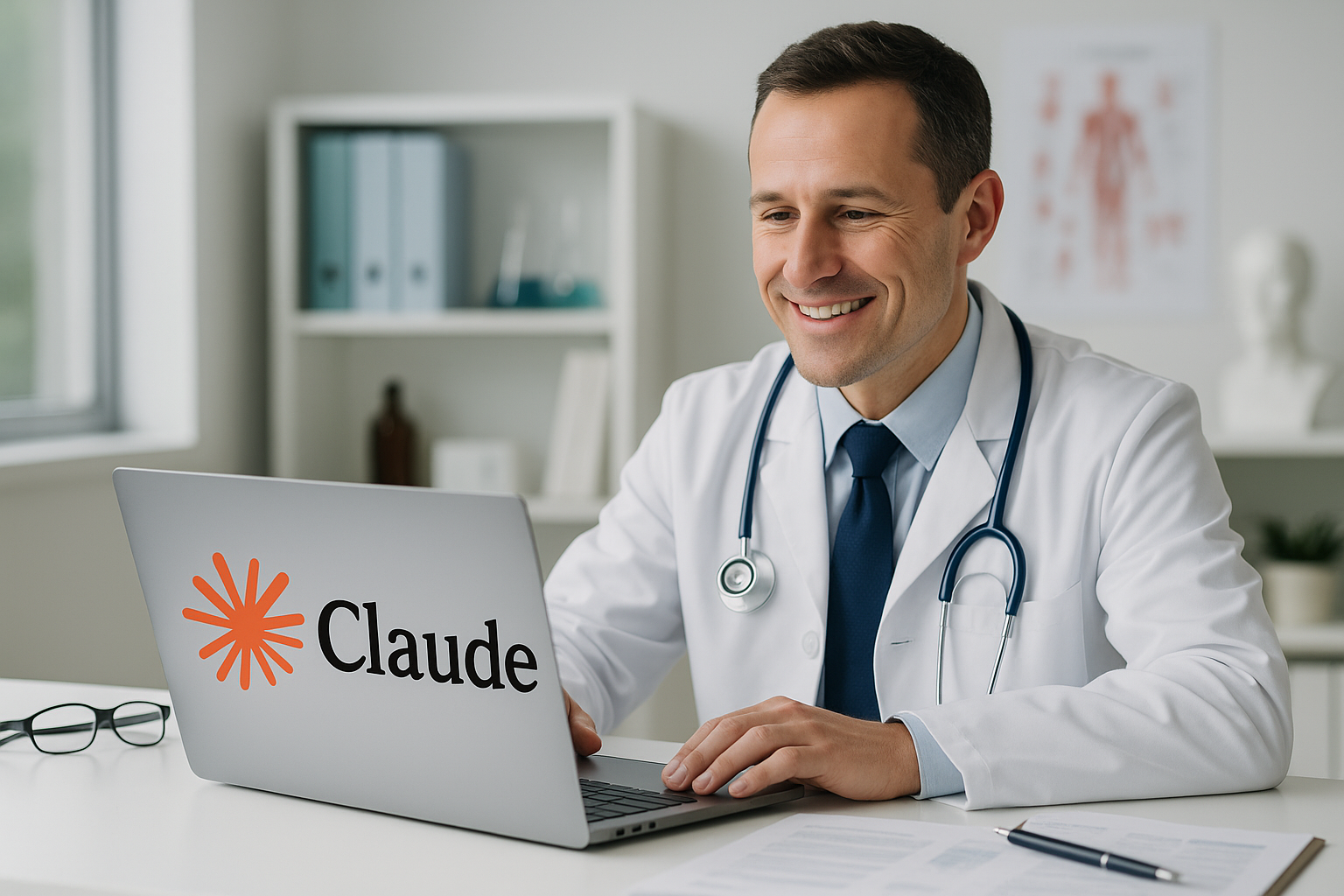

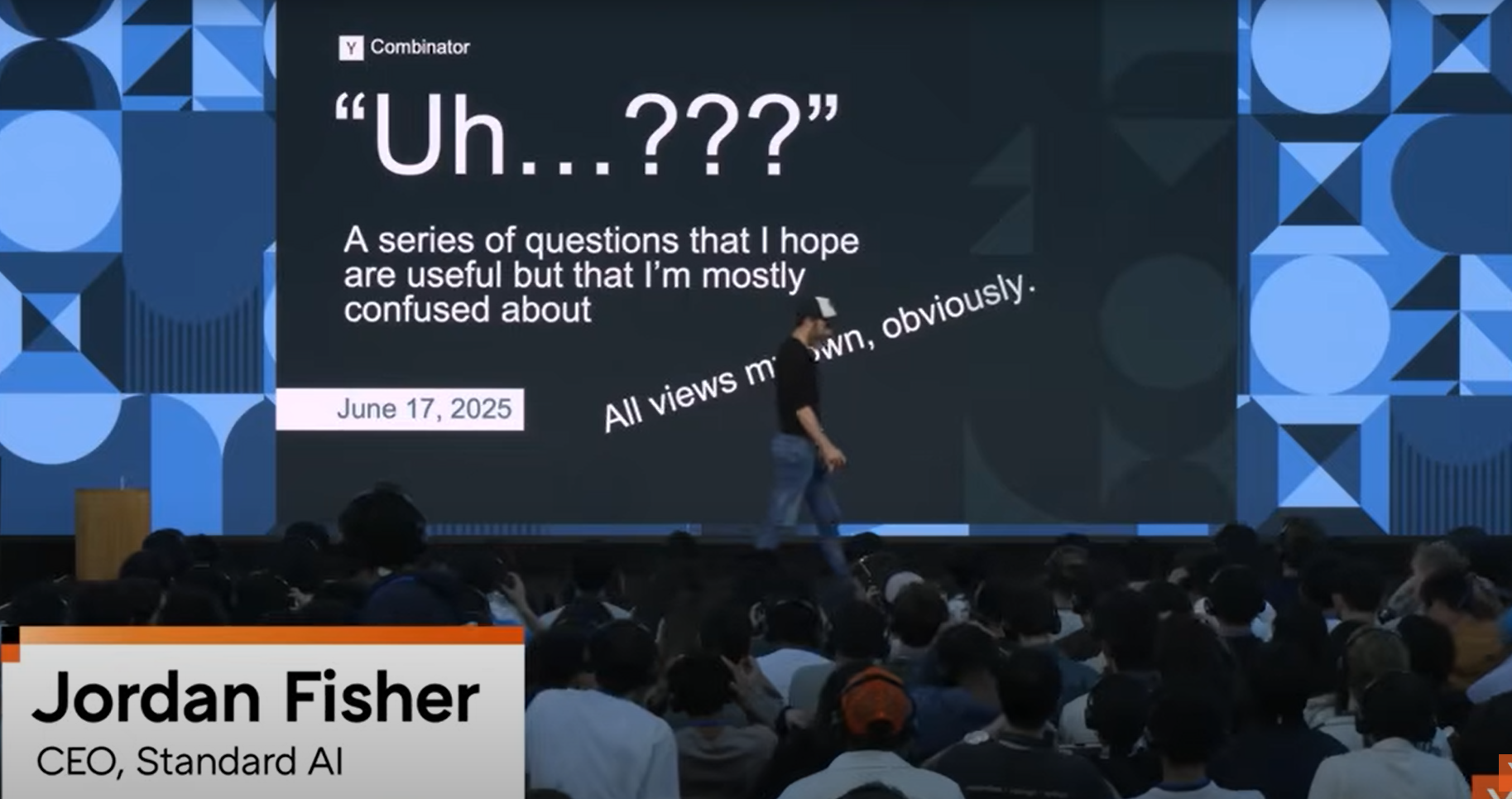
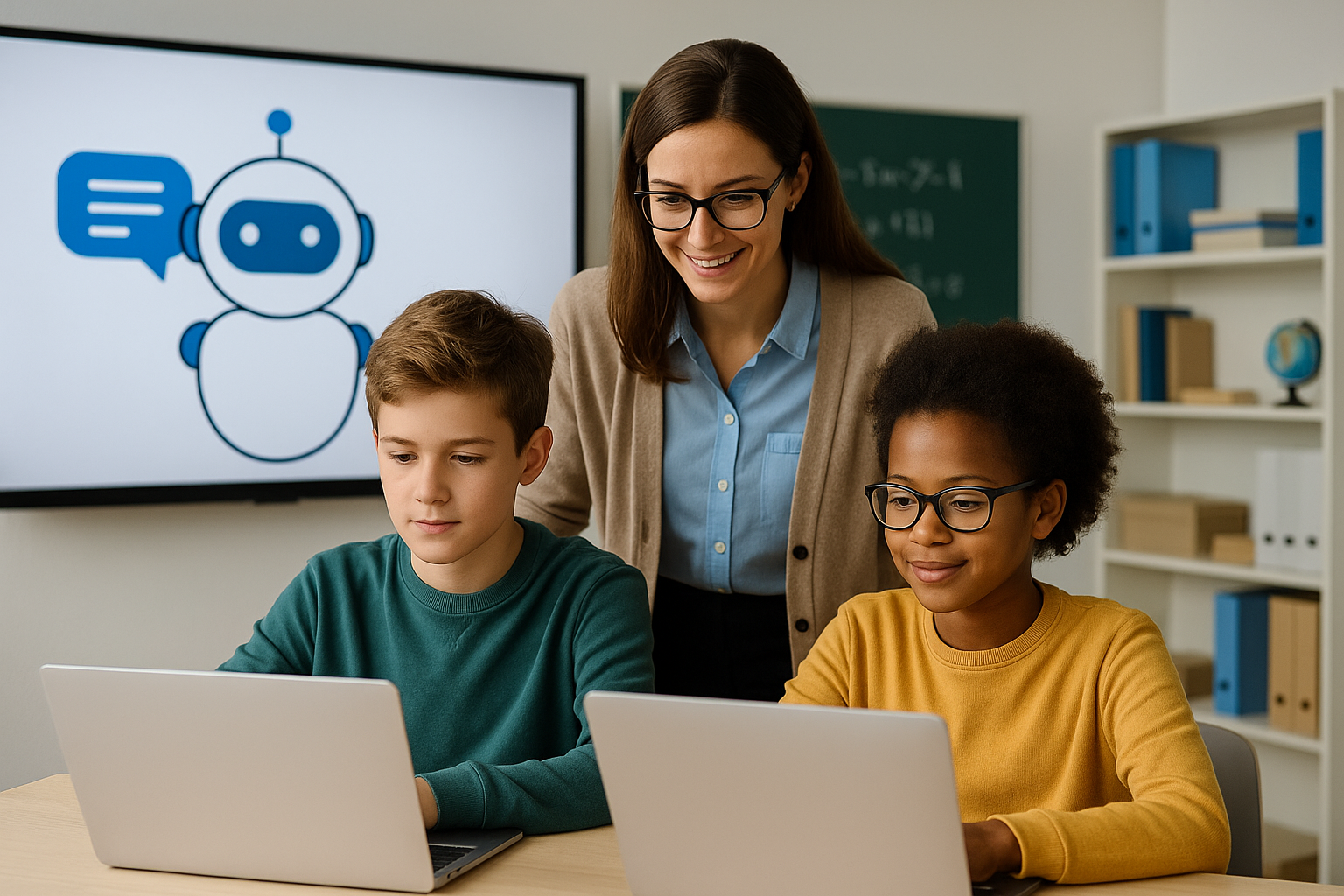



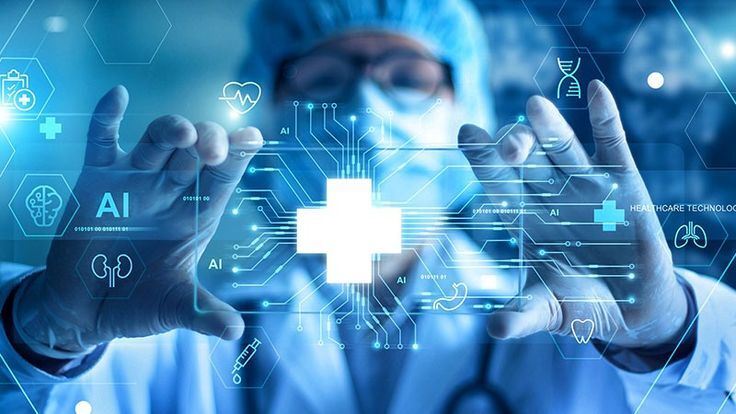

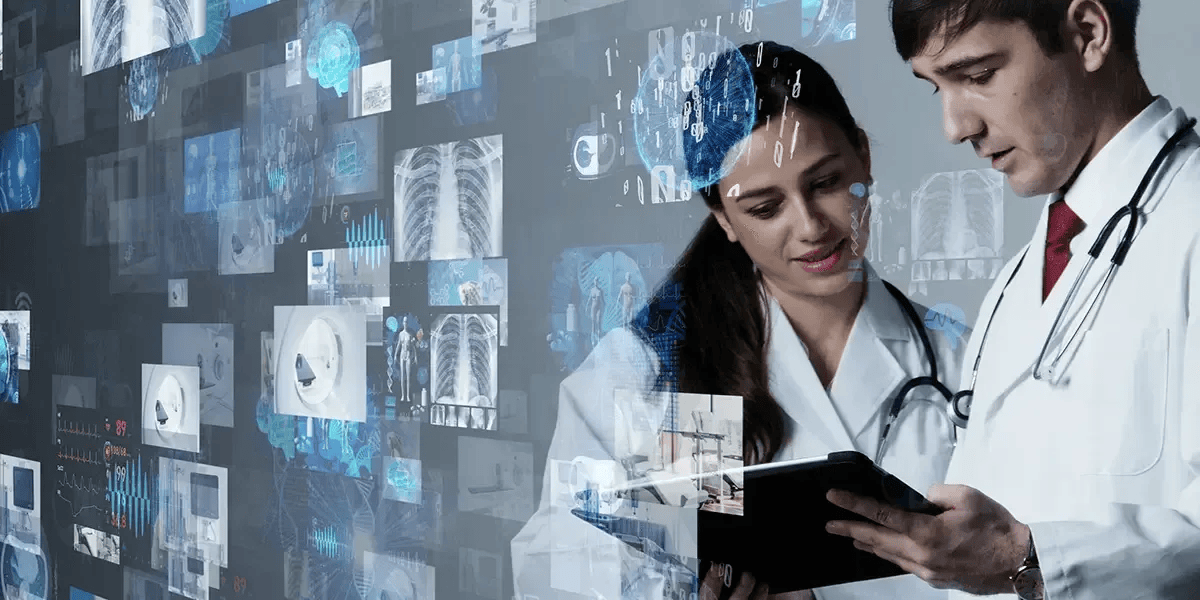

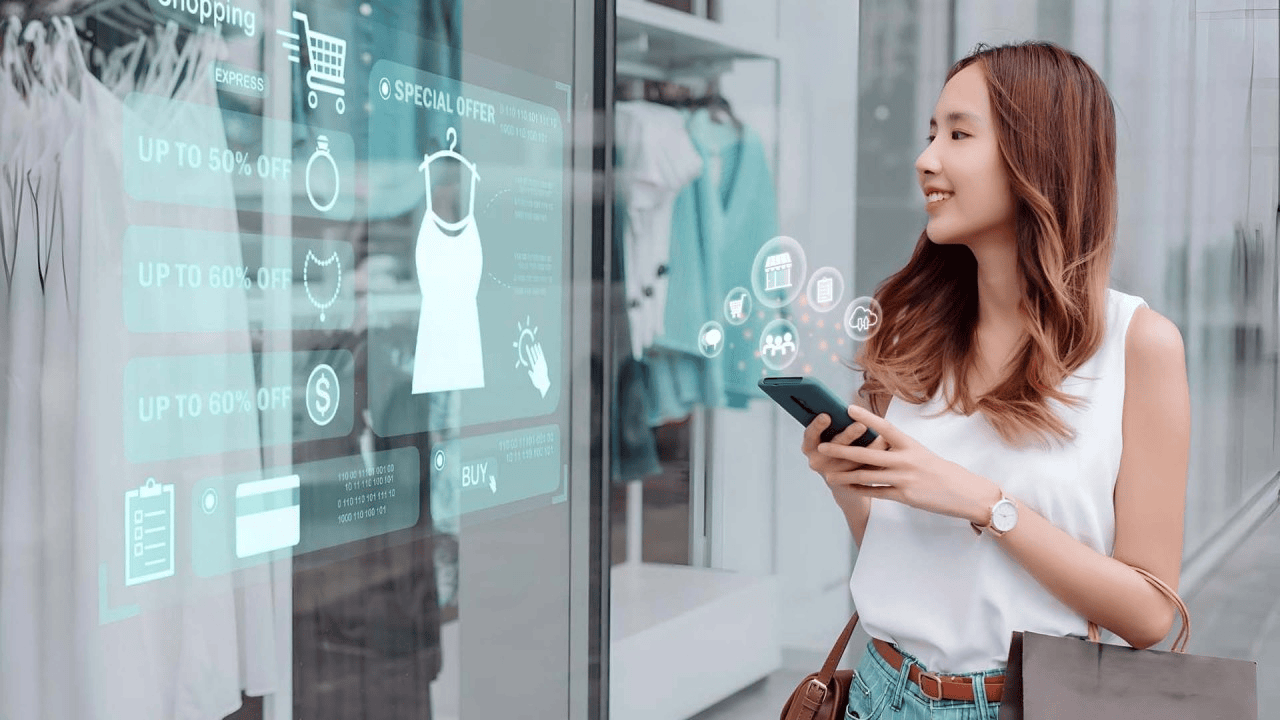

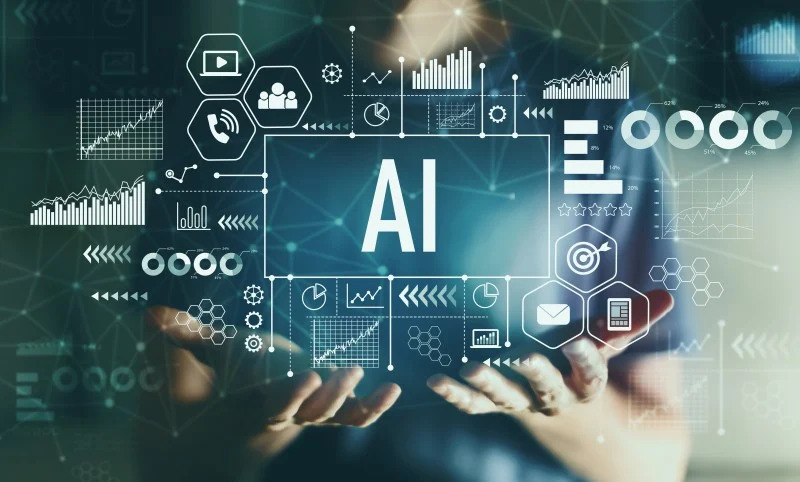
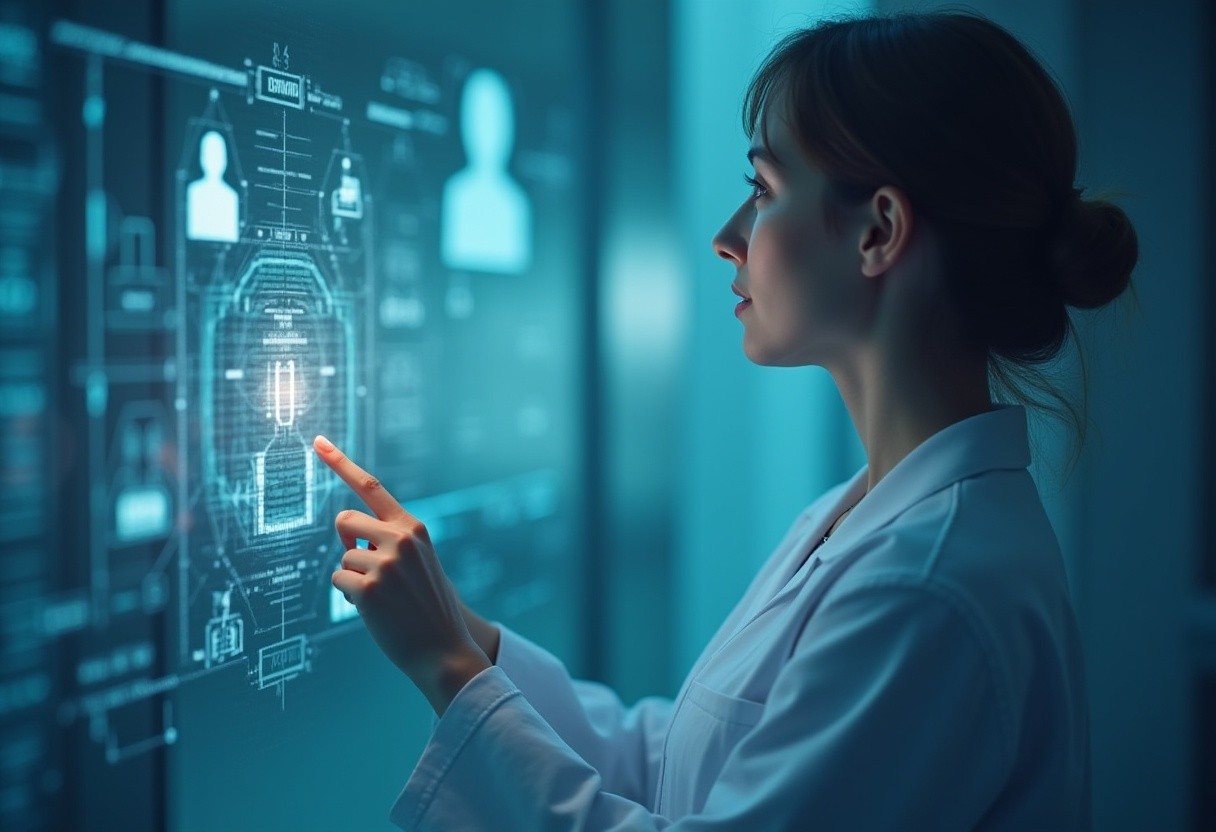


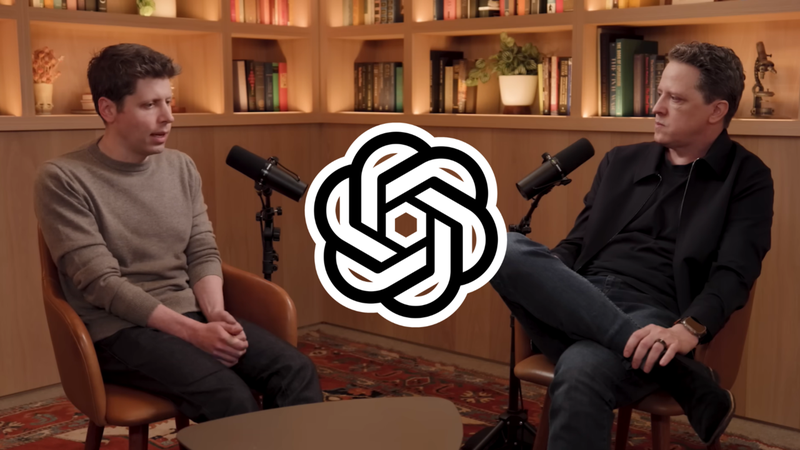


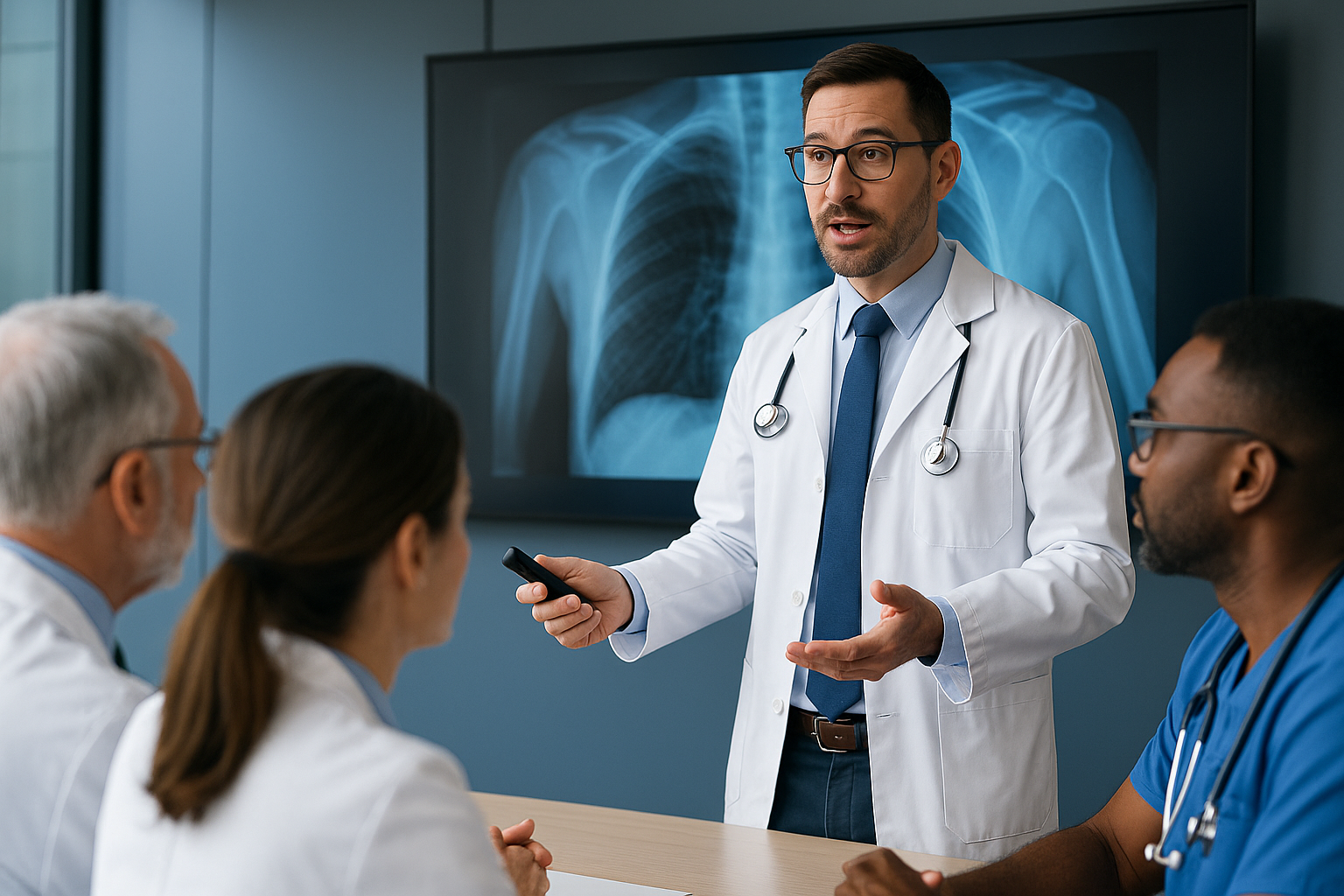


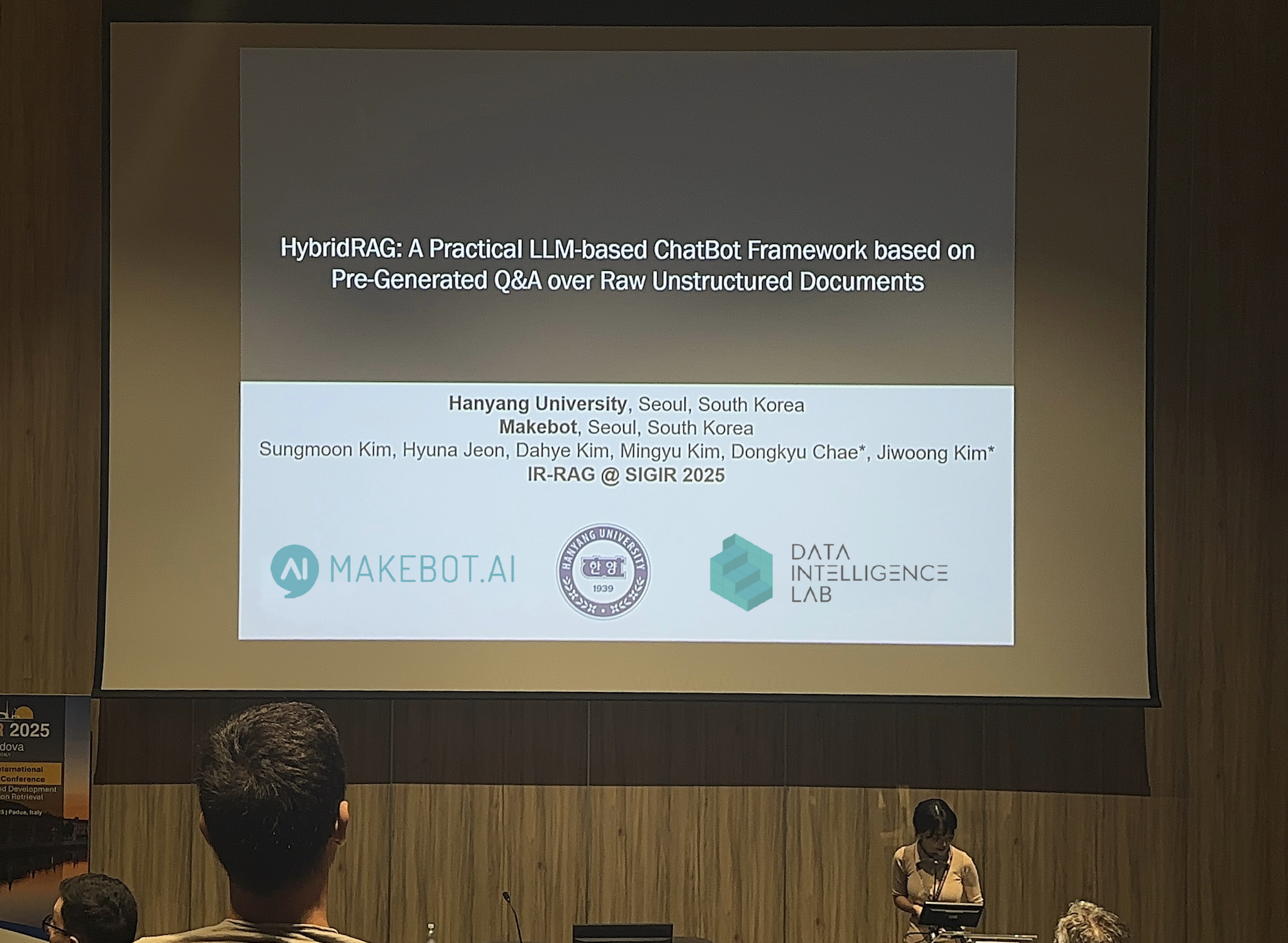









_2.png)









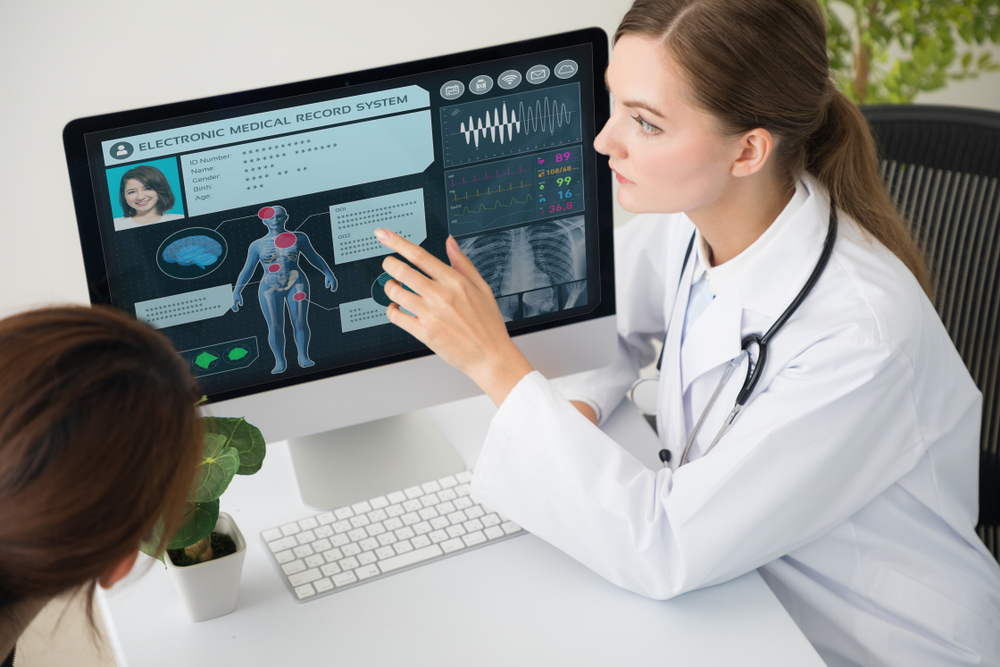


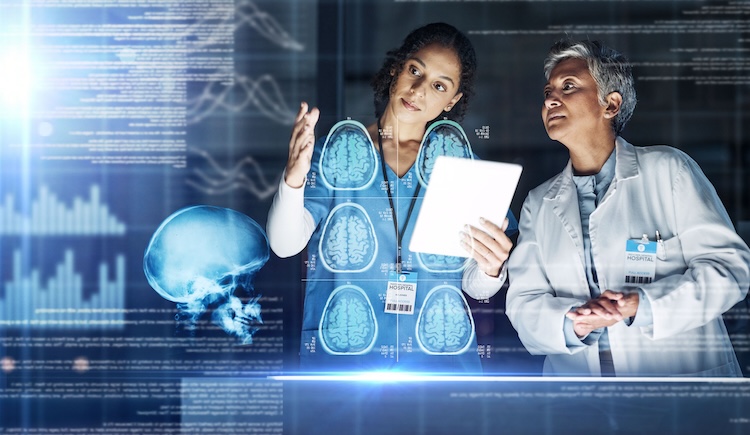





.jpg)

